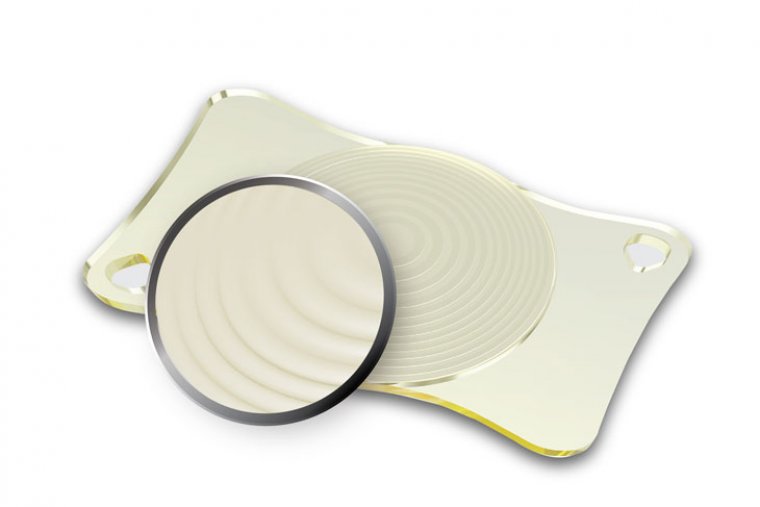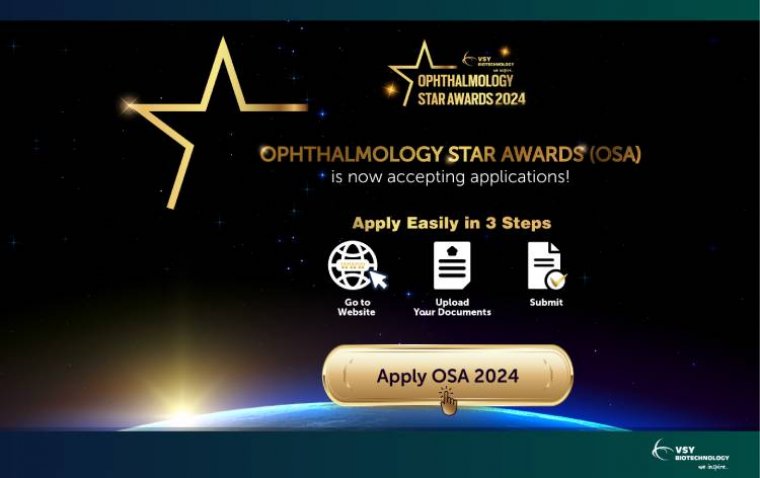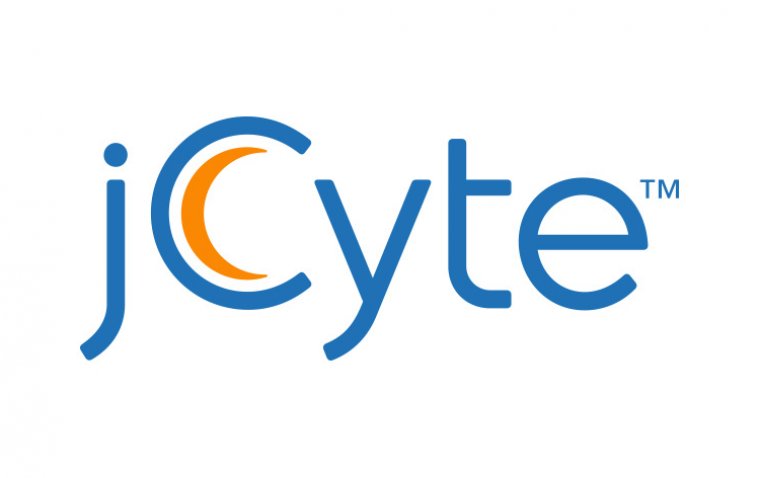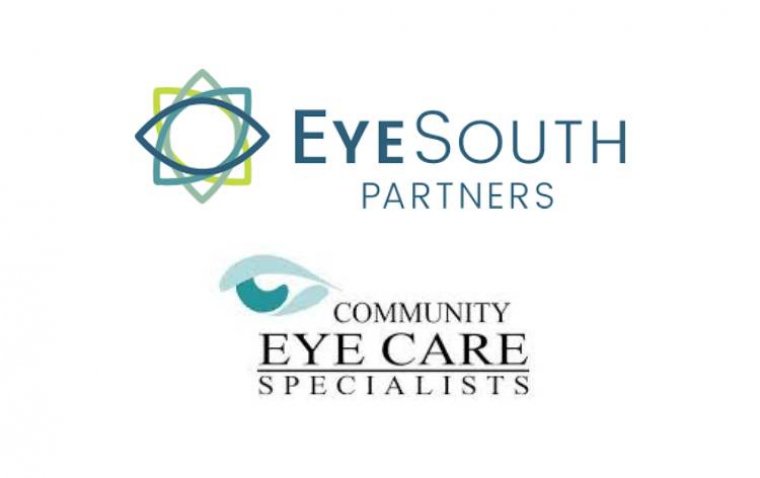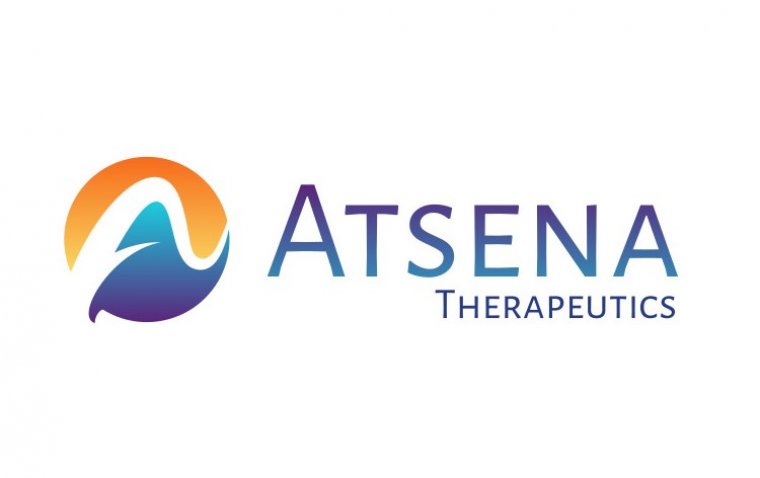
Neurophth’s Candidate Drug for ADOA Receives Australian Approval
Neurophth Therapeutics announced that the Australian Therapeutic Goods Administration (TGA) has granted registration and approval for its candidate drug, NFS-05, for clinical trials aimed at addressing autosomal dominant optic atrophy (ADOA).
According to a company news release, ADOA is an inherited optic neuropathy with an autosomal dominant inheritance pattern, and approximately 80% of ADOA cases are attributed to mutations in the OPA1 gene. These mutations result in a decrease in the functionality of the OPA1 protein, causing mitochondrial fragmentation and destabilization of the mitochondrial respiratory chain complex. This, in turn, leads to impaired mitochondrial function, ultimately culminating in the death of retinal ganglion cells (RGC) and optic nerve atrophy.
Furthermore, the company highlighted that individuals diagnosed with ADOA typically exhibit bilateral, slowly progressing visual impairment, temporal pallor of the optic disc, central visual field defects, and abnormalities in color vision.
The company also emphasized the absence of effective treatments currently available in clinical practice for ADOA. They elaborated on their proprietary ophthalmic injection, NFS-05, which employs a gene therapy approach involving the delivery of an AAV vector containing the OPA1 gene into the vitreous cavity. This vector specifically targets RGC cells, resulting in the expression of the OPA1 protein and subsequent restoration of mitochondrial function.
"Neurophth's NFS-05 marks our third drug to receive clinical trial approval and our inaugural approval in Australia," Bin said in the news release. "This achievement underscores Neurophth's robust R&D capabilities and our unwavering commitment to global outreach. We remain dedicated to harnessing our technical platform, broadening our product pipeline, and diligently expanding beyond China to deliver innovative medical solutions to patients globally,” said Professor Li Bin, founder, chairman, and CEO of Neurophth.
Xiaoning Guo, PhD, chief medical officer at Neurophth, stated: ““With NFS-05, Neurophth endeavors to target the underlying cause of the disease using gene therapy, aiming for enhanced visual outcomes for patients,” Guo said in the news release. “We are committed to advancing international multi-center clinical trials for NFS-05, with the goal of rapidly delivering a safe and efficacious treatment to patients."
(1).jpg)


